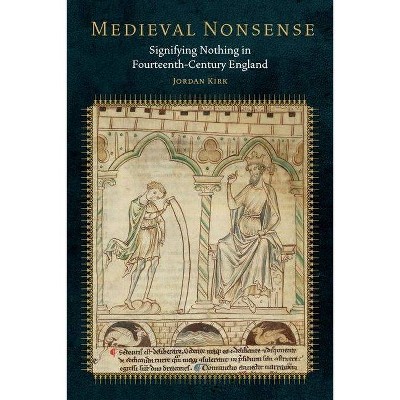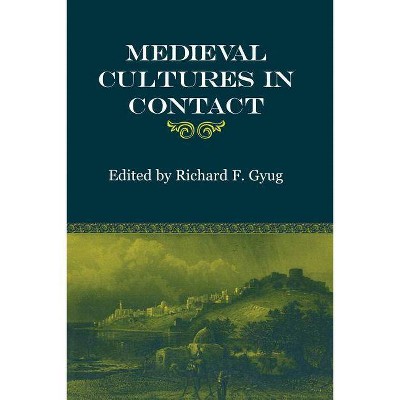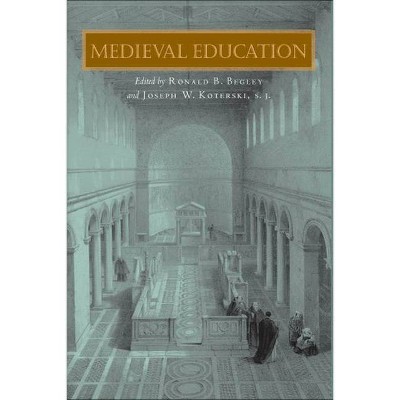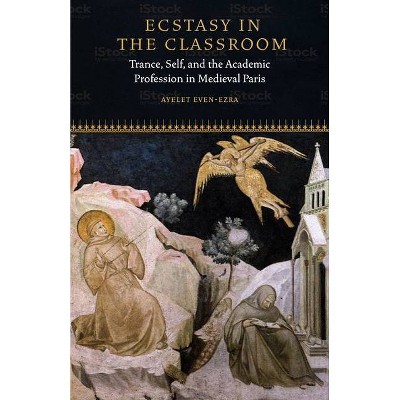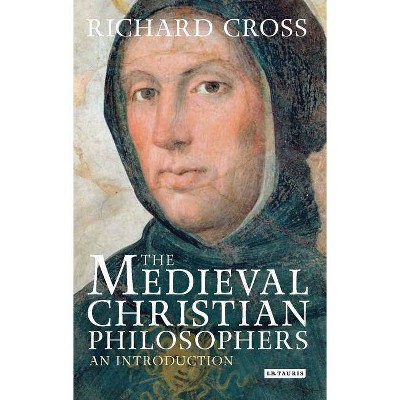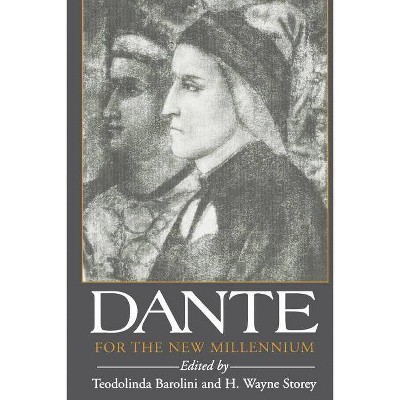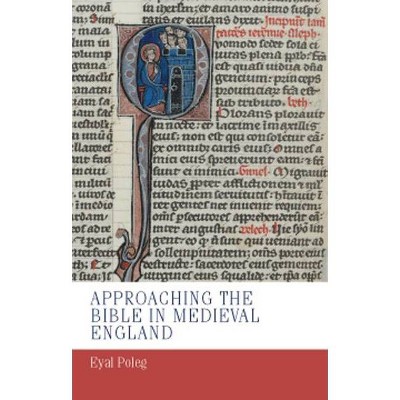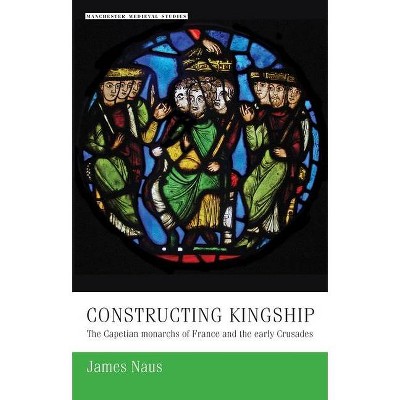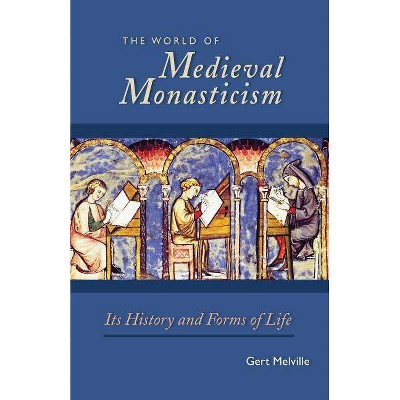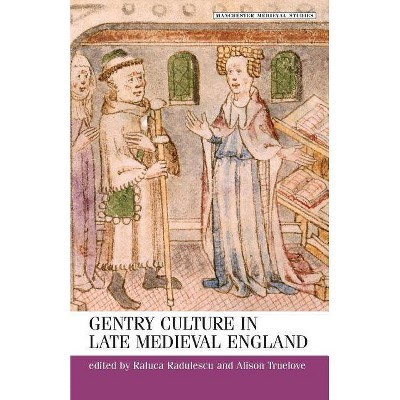Medieval Nonsense - (Fordham Medieval Studies) by Jordan Kirk (Paperback)
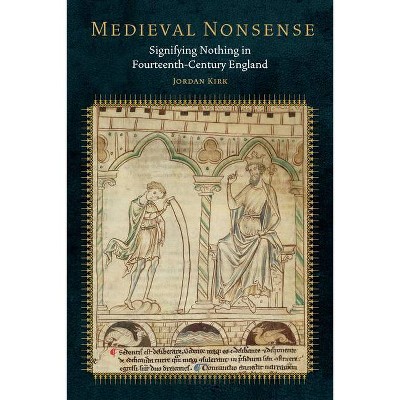
Similar Products
Products of same category from the store
AllProduct info
<p/><br></br><p><b> About the Book </b></p></br></br>"In a series of close and unorthodox readings of works by Priscian, Boethius, Augustine, Walter Burley, Geoffrey Chaucer, and the anonymous authors of the Cloud of Unknowing and St. Erkenwald, Jordan Kirk reveals the way that writers across the fourteenth century reckoned with the word as mere sound. Medieval Nonsense rebuts the idea that single-minded devotion to the kernel of meaning within the word motivated these authors in their engagement with vox sola, the mere utterance. Rather, they recognized the possibilities inherent in the accounts of language transmitted to them from antiquity, and they transformed those accounts into new ideas, forms, and practices of nonsignification"--<p/><br></br><p><b> Book Synopsis </b></p></br></br><p>Five hundred years before "Jabberwocky" and <i>Tender Buttons</i>, writers were already preoccupied with the question of nonsense. But even as the prevalence in medieval texts of gibberish, babble, birdsong, and allusions to bare voice has come into view in recent years, an impression persists that these phenomena are exceptions that prove the rule of the period's theologically motivated commitment to the kernel of meaning over and against the shell of the mere letter. <p/>This book shows that, to the contrary, the foundational object of study of medieval linguistic thought was <i>vox</i> <i>non-significativa</i>, the utterance insofar as it means nothing whatsoever, and that this fact was not lost on medieval writers of various kinds. In a series of close and unorthodox readings of works by Priscian, Boethius, Augustine, Walter Burley, Geoffrey Chaucer, and the anonymous authors of the <i>Cloud of Unknowing</i> and <i>St. Erkenwald</i>, it inquires into the way that a number of fourteenth-century writers recognized possibilities inherent in the accounts of language transmitted to them from antiquity and transformed those accounts into new ideas, forms, and practices of non-signification. Retrieving a premodern hermeneutics of obscurity in order to provide materials for an archeology of the category of the literary, <i>Medieval Nonsense</i> shows how these medieval linguistic textbooks, mystical treatises, and poems were engineered in such a way as to arrest the faculty of interpretation and force it to focus on the extinguishing of sense that occurs in the encounter with language itself.</p><p/><br></br><p><b> Review Quotes </b></p></br></br><br><p>... [A] provocative, targeted and well-researched inquiry into language and the limits of meaning in medieval<br>sign theory, literature, and sacramental theology.</p>-- "TMR: The Medieval Review"<br><br><i>Medieval Nonsense</i> makes a historically informed, theoretically sophisticated case for the centrality--indeed the foundational necessity--of the concept of nonsignification for medieval writers working across many fields of study and literary traditions, including linguistics, philosophy, theology, devotional literature, and hagiography.<b>---Robert Sturges, Arizona State University, <i></i></b><br><p/><br></br><p><b> About the Author </b></p></br></br>Jordan Kirk is Associate Professor of English at Pomona College.
Price History
Price Archive shows prices from various stores, lets you see history and find the cheapest. There is no actual sale on the website. For all support, inquiry and suggestion messages communication@pricearchive.us
